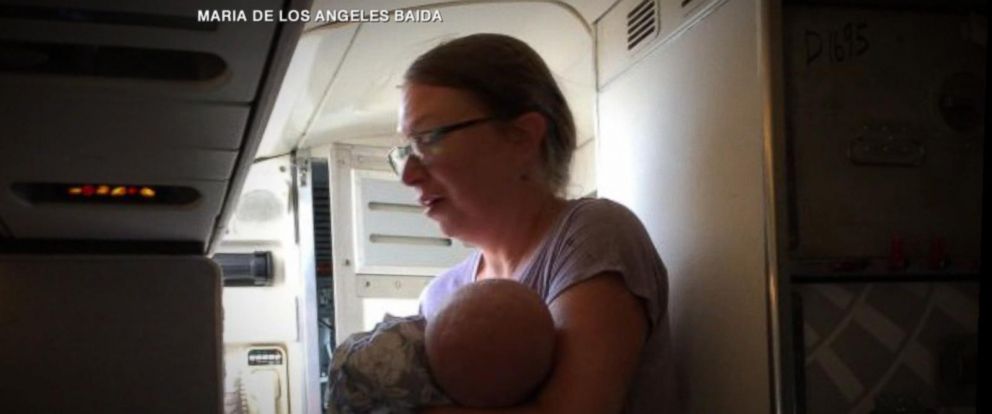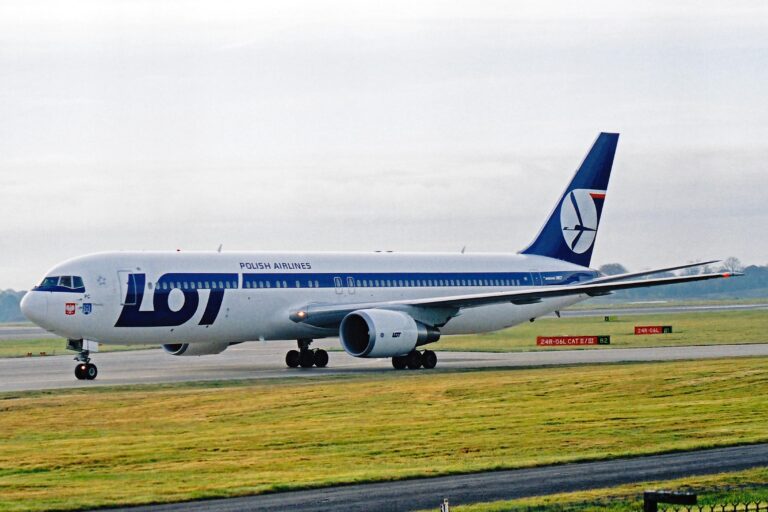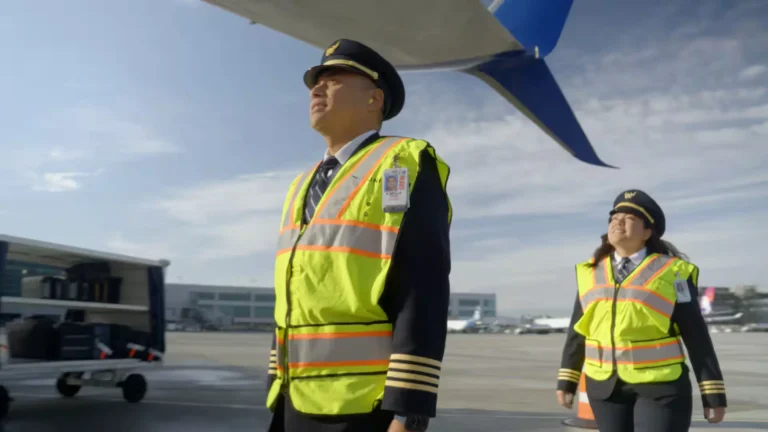“Infant Overheats on United Airlines Flight Delayed in Denver Heatwave, Rushed to Hospital”
Infant Overheats on United Airlines Flight in Colorado Delayed in Denver Heatwave, Rushed to Hospital
Denver, CO – A distressing incident occurred in June 2017 when a four-month-old infant overheated while aboard a United Airlines flight that was delayed on the tarmac at Denver International Airport. The baby’s mother, Emily France, recounted the harrowing experience as temperatures inside the aircraft soared, leaving her child gasping for air and in dire need of medical attention.
The Incident: A Nightmare on the Tarmac
Emily France and her infant son were among the passengers aboard United Airlines Flight 4644, scheduled to depart for El Paso, Texas. As Denver experienced an intense heatwave, with outside temperatures climbing above 90°F (32°C), the aircraft remained grounded on the tarmac for an extended period. Unfortunately, with the plane’s air conditioning system struggling to keep up, cabin temperatures rose to dangerously high levels.
France noticed her son beginning to show signs of distress, sweating profusely, becoming increasingly red in the face, and struggling to breathe. “It was like being trapped in a hot car,” she later told reporters. Alarmed, she sought assistance from the flight crew, who initially provided ice packs and suggested using cold compresses to cool the infant down. However, the situation continued to worsen.
Desperate Attempts to Cool the Baby

As the minutes dragged on without takeoff, France and other passengers became increasingly agitated about the conditions inside the cabin. Fellow travelers attempted to help by fanning the baby and offering water, but the infant’s condition deteriorated rapidly.
France was eventually allowed to leave her seat and move to the jet bridge, where she hoped for relief from the oppressive heat inside the aircraft. However, this offered little respite, as the area was also stiflingly warm, and no immediate medical assistance was available. As her baby’s body became limp and he struggled to remain conscious, panic set in.
Emergency Medical Response
Realizing the gravity of the situation, airline staff finally called for emergency medical services. Paramedics arrived and rushed the infant to the hospital, where doctors confirmed that he was suffering from severe heat exposure. Fortunately, due to the swift intervention, the baby received the necessary treatment and was stabilized.
France later described the experience as a terrifying ordeal, one that no parent should ever have to endure. “Watching your child suffer and knowing there’s nothing you can do is heartbreaking,” she said.
United Airlines’ Response
Following the incident, United Airlines issued a statement expressing regret over the distress caused to France and her son. “We are deeply sorry for what this mother and child experienced. The safety and comfort of our passengers are our top priorities, and we are reviewing the situation to prevent this from happening in the future,” a spokesperson for the airline stated.
Despite the apology, the incident fueled criticism regarding airline protocols, particularly concerning delays on the tarmac during extreme weather conditions. Many questioned whether airlines were doing enough to protect passengers, especially vulnerable ones like infants and the elderly, from the risks of heat exhaustion and heat stroke.
A Broader Issue: Tarmac Delays and Passenger Safety
The infant overheating incident in Denver was not an isolated event. Across the airline industry, passengers have frequently reported uncomfortably high temperatures during prolonged tarmac delays. Aircraft cabins can quickly become unbearable in extreme heat, particularly when the engines are off and air circulation is minimal.
Under the U.S. Department of Transportation (DOT) regulations, airlines are required to provide passengers with adequate ventilation, food, and water during extended tarmac delays. If passengers are left on a plane for more than three hours (for domestic flights) or four hours (for international flights) without the opportunity to deplane, airlines may face significant fines. However, enforcement of these rules can be inconsistent, and many travelers still find themselves stuck in uncomfortable and potentially dangerous conditions.
Lessons Learned and Preventative Measures
Following the incident, there was increased public awareness and discussion about how airlines handle extreme temperatures on delayed flights. Passenger advocacy groups called for stricter enforcement of tarmac delay regulations and better safeguards for vulnerable travelers.
Among the proposed solutions were:
Improved air conditioning systems: Airlines could invest in upgraded cooling technology to maintain comfortable cabin temperatures, even when planes are not in motion.
Stronger passenger rights policies: Stricter enforcement of DOT regulations could ensure that passengers are not kept on overheated planes for excessive periods.
Quicker decision-making in extreme weather: Airlines should proactively deplane passengers if cabin temperatures reach unsafe levels.
Enhanced training for airline staff: Flight crews should receive better training in recognizing and responding to heat-related illnesses, particularly for infants, elderly passengers, and individuals with medical conditions.
Final Thoughts: A Parent’s Worst Fear
For Emily France, the horrifying ordeal of watching her baby suffer on an overheated plane remains a traumatic memory. While she was grateful that her son survived and recovered, she hopes that her experience will serve as a wake-up call for the airline industry.
“I wouldn’t wish this on any parent,” France said. “Something has to change so that no one else has to go through what we did.”
As summer temperatures continue to rise and extreme weather events become more frequent, airlines must take greater responsibility in ensuring passenger safety. The 2017 incident serves as a stark reminder that no traveler—especially a vulnerable infant—should ever be put in a life-threatening situation due to preventable circumstances.





